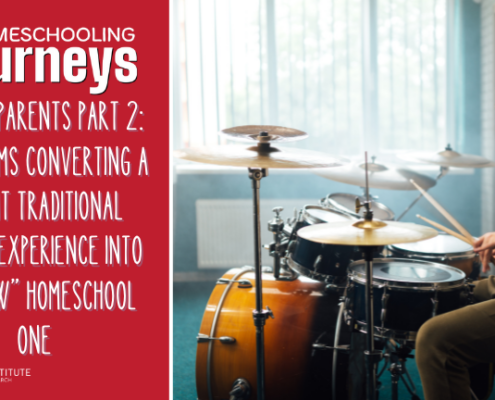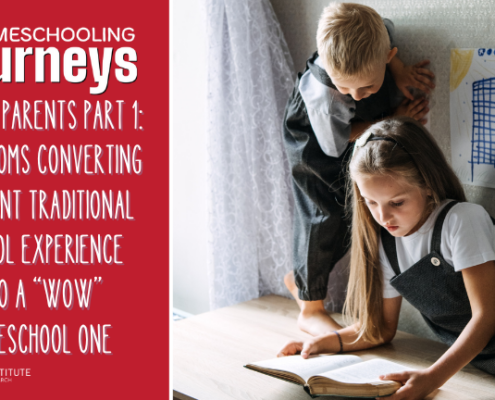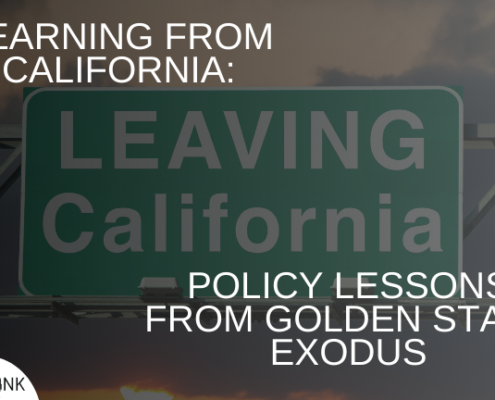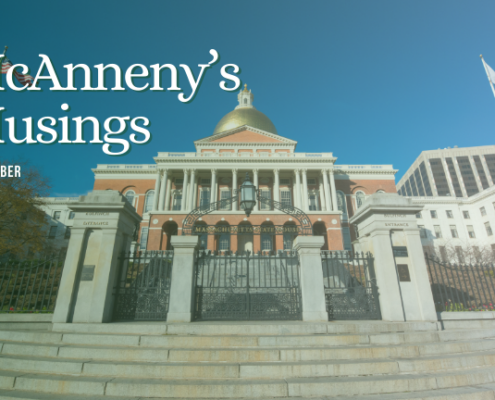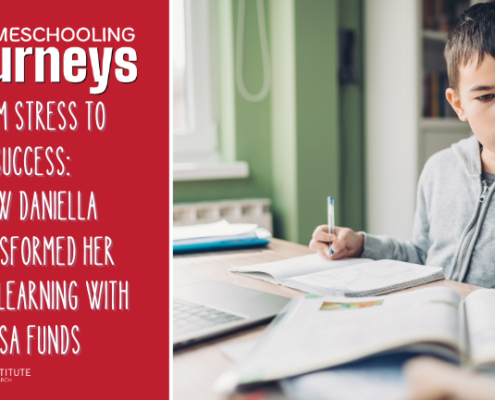Poll Finds Mixed Views About Schools’ Pandemic Performance
Read media coverage of this report in The Boston Herald, NBC 10, WCVB, Boston 25, CommonWealth magazine, State House News Service, WHDH, Yahoo News and EducationNext.
Massachusetts residents more satisfied with performance of individual teachers than with school districts, teachers’ unions
BOSTON – A year into the COVID-19 pandemic, Massachusetts residents have mixed opinions about how K-12 education has functioned, but they tend to view the performance of individual teachers more favorably than that of institutions like school districts and teachers’ unions, according to a poll of 1,500 residents commissioned by Pioneer Institute.
“Massachusetts residents have not been satisfied with the remote learning Massachusetts schools are providing during the pandemic,” said Pioneer Institute Executive Director Jim Stergios. “And they place a fair amount of the blame on the shoulders of both school districts and teachers’ unions.”
Overall grades
A plurality of respondents (29 percent) gave schools a grade of “C” for their pandemic performance. “B” was the second most common grade, at 26 percent. Overall, 65 percent gave schools an “A”, “B” or “C.” Seventy percent of parents/guardians rated schools an A, B, or C.
Grades were lower among parents with three or more children. Twenty-two percent gave the schools an “F,” compared to 13 percent of parents with one child and 11 percent of those with two.
Influence of teachers’ unions
When asked to rate teachers’ union involvement in decisions to teach remotely on a scale of 1-10, with 10 being the most involved, a plurality (31 percent) rated union involvement a 10. A higher percentage of Bostonians (36 percent) ranked teachers’ union involvement a 10. Just over half of parents/guardians placed it at 8 or higher.
By a 45 percent to 39 percent margin, state residents believed that teachers’ unions haven’t acted in the best interests of children during the pandemic. Among parents who don’t work in the schools, 49 percent said the unions have not acted in the best interest of children, compared to 37 percent who believe they have.
Residents were more satisfied with the performance of individual teachers. About half were very or somewhat satisfied, with only 29 percent somewhat or totally unsatisfied.
Impact on children
Among parents asked how much their children’s education had been compromised during the pandemic as a result of learning remotely, a plurality (21 percent) replied 10 when asked to rate on a 1-10 scale with 10 being the most compromised. A majority (54 percent) rated the degree to which their children’s education had been compromised at seven or higher.
Sixteen percent of parents said their children’s education was inadequate enough that they would consider having them repeat the grade. Another 26 percent were unsure.
The more education was remote and asynchronous, the more likely parents were to believe their children should repeat the grade. Only 9 percent of parents whose children had 16 or more hours per week of synchronous education would consider having them repeat, while the number rose to 23 percent among parents whose children’s education was totally asynchronous.
Forty-three percent of parents believed their children’s socialization has been entirely inadequate during the pandemic.
Parents of children receiving special education services have been generally happy with those services during the pandemic. Thirty-eight percent said the services have been somewhat adequate and 26 percent said they have been very adequate.
The poll was conducted by Emerson College Polling between March 19 and 21. It has a +/- 2.4 percent margin of error for the questions asked of Massachusetts residents, 3.9 percent for parent questions and 6.3 percent for parents of children with special needs.
Pioneer’s mission is to develop and communicate dynamic ideas that advance prosperity and a vibrant civic life in Massachusetts and beyond.
Pioneer’s vision of success is a state and nation where our people can prosper and our society thrive because we enjoy world-class options in education, healthcare, transportation and economic opportunity, and where our government is limited, accountable and transparent.
Pioneer values an America where our citizenry is well-educated and willing to test our beliefs based on facts and the free exchange of ideas, and committed to liberty, personal responsibility, and free enterprise.
Get Updates on Our Education Research
Related Content:


